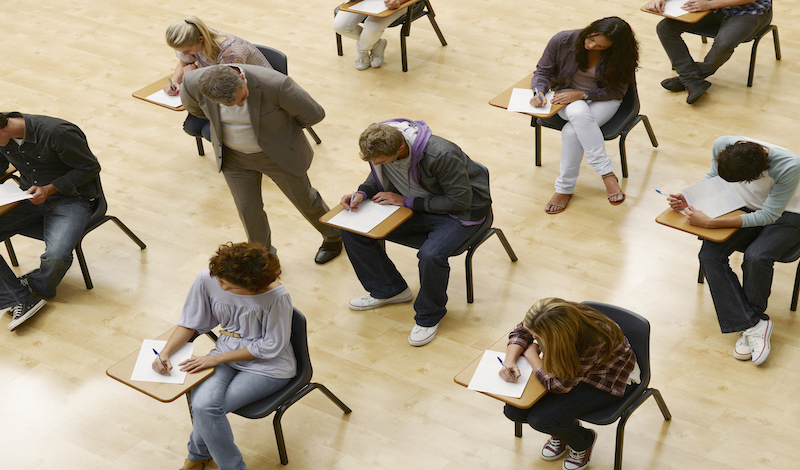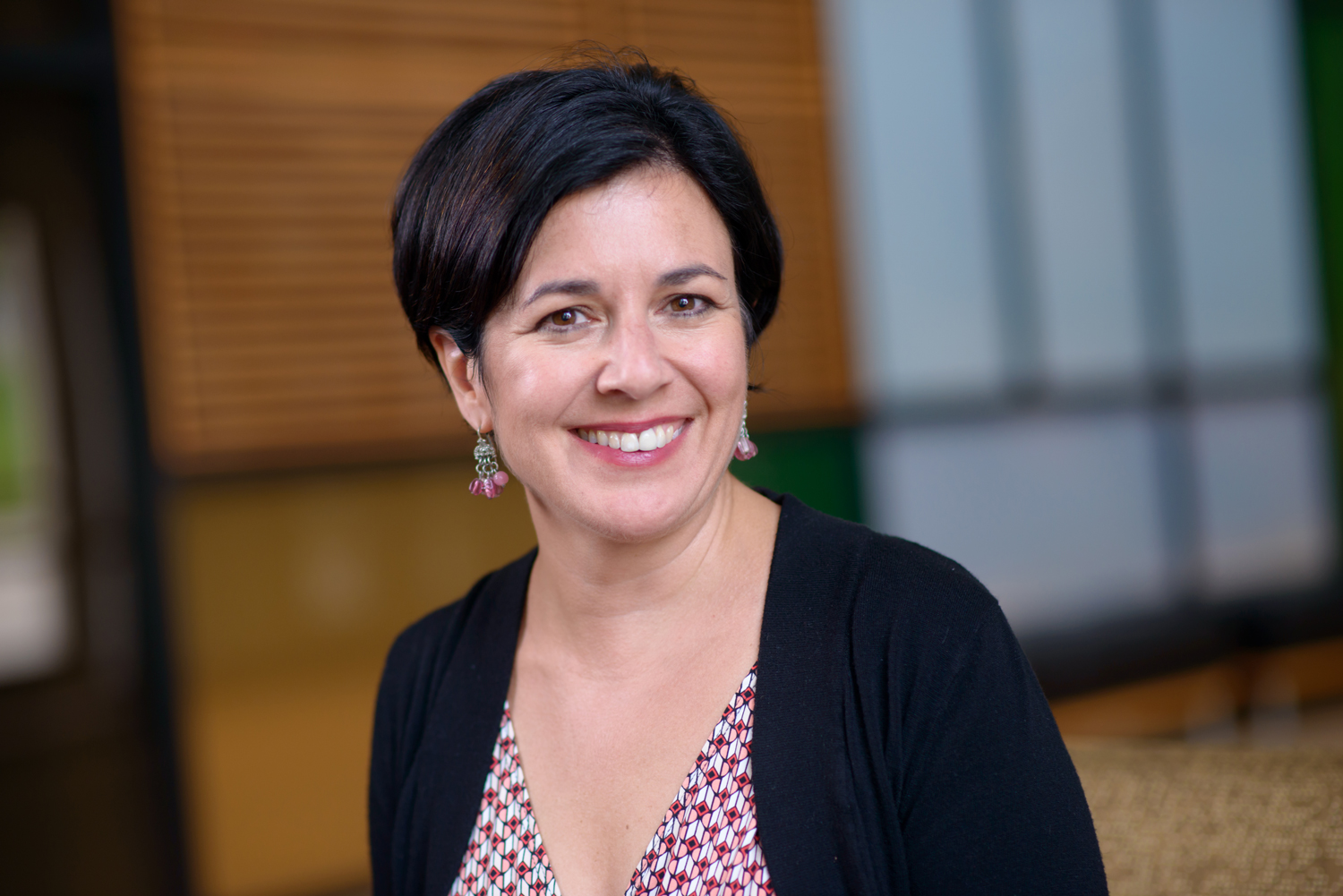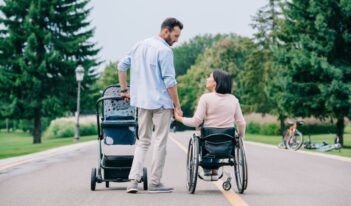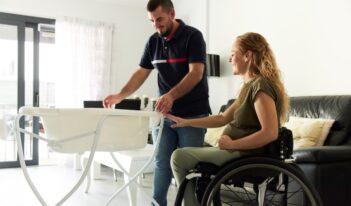
Existing laws and regulations do little to address the stigma that university students with disabilities experience.
When people think about the stigma surrounding disabilities, they usually think about discomfort, fear, or sometimes even disgust.
But as I have previously argued, stigma can also result from people with disabilities receiving special treatment in the form of accommodations. I call this “special treatment stigma,” and it occurs in a variety of settings, including the workplace.
In higher education, this stigma often leads to students with disabilities either refusing to disclose their disabilities or experiencing social disapproval when they do. Both results are problematic.
Although people with disabilities are attending college in record numbers, they continue to face social, academic, and psychological stigma if their disability is visible or if they disclose a hidden disability.
Students with disabilities report feeling judged by their peers and their professors. They worry about standing out as different and perceive that their peers and professors either doubt their ability to perform academically or believe that they are receiving an unfair advantage if they receive academic accommodations.
In some situations, this fear is warranted because some faculty members do believe that students with disabilities are getting an unfair advantage or that they lack adequate qualifications for their academic programs.
Because of the real or perceived fear of being stigmatized, many students choose not to disclose their disabilities. Research reveals that, although one-fifth of elementary and secondary students have a disability, only about six percent of college students register with their universities as having a disability. But if students do not disclose their disability, they cannot seek accommodations and they may then struggle with their studies. Other research reveals that fear of stigmatization is the main reason some students choose not to disclose a disability.
Federal disability law prohibits educational institutions from discriminating against students based on disability and requires institutions to provide reasonable modifications unless those modifications fundamentally alter the academic program.
Despite these protections, the law is not capable of eliminating the special treatment stigma that often accompanies receiving academic accommodations. The reason for this is simple: It is impossible to provide accommodations to a student with a disability while keeping those accommodations completely confidential. And the more people who are aware of a disability, the more likely the student with a disability will experience stigma.
When a student needs an academic modification, the student must first provide documentation of the disability to the university’s disability services office. When implementing the accommodation, the disability services office must inform the student’s professors of the student’s need for an accommodation.
Even though the faculty member should not be told the specifics of the student’s disability, faculty members sometimes coerce students into revealing that information, which sends a message to the students that the faculty member is doubting the disability or the need for a particular accommodation.
Making matters worse, in some classes, a student’s need for an accommodation will “out” that student to their classmates.
For instance, a student’s disability may require them to use an electronic device such as a computer or tablet for notetaking in the classroom. If the professor prohibits the use of electronic devices in class—an increasingly common practice at universities—the student’s use of such a device will send the message to the student’s classmates that the student has a disability.
Short of prohibiting professors from prohibiting laptops, there is nothing federal disability law can do about this unintended disclosure. Moreover, in all but the largest classes, a student’s exam taking accommodation, such as a private exam room or extra time or both, will likely be noticed by virtue of that student not being in the exam room with the rest of the class.
Given that it is often impossible for students with disabilities to keep their disability private if they need an accommodation, what results from this unwanted disclosure?
In some extreme cases, a professor may refuse to honor the accommodation required by the institution’s disability services office, arguing that it is unfair to other students to make exceptions for students with disabilities.
But even when accommodations are honored, students with disabilities may still experience stigma. Several qualitative studies of students with disabilities have documented the stigma these students experience. One study found that 85 percent of students with psychiatric disabilities drop out of college for reasons related to stigma.
Given all of this, the question remains: What can be done to improve the experience of students with disabilities?
As an initial matter, I do not think there is much the law can do. It is impossible to provide accommodations if a student does not disclose a disability, and it is virtually impossible to keep accommodations completely confidential.
One fairly radical idea would be to allow students with disabilities to sue faculty members in their individual capacity if those faculty members discriminate against students based on a disability. As it now stands, only the educational institution can be held liable. Perhaps the prospect of individual liability would cause faculty members to think twice before discriminating against students with disabilities.
Despite making this highly unlikely proposed change to the law, the problem is not the law, but rather the erroneous perceptions of students and faculty.
Training may help. All members of university communities need to understand that accommodations do not give students with disabilities an unfair advantage. Rather, they simply give these students the opportunity to achieve academic success on the same level as everyone else.
Only when this reality is widely accepted will special treatment stigma wane.
This essay is part of a five-part series, entitled Regulation and Disability Rights.




